 Finding love without dating
Finding love without dating
by Shirin Jaafari
The first time Arif Shaikh’s parents met was on their wedding night.
“The only evidence that they had that the other person existed before their marriage night was simply a small black-and-white picture and the good wishes of a couple of relatives,” he says. “That’s all they knew.”
Shaikh’s parents are Muslim and they lived in India at the time of their wedding back in the 1970s. He was born there too, but when he was 3, they all moved to the US.
Also Read: Thanksgiving: An Islamic Perspective
Growing up, when it came to dating, relationships and girls, Shaikh would experience one thing at home, another outside.
At home, “there was no such thing as the words dating or relationships. It was just something that was non-existent,” he recalls.
But outside, it was another story.
“You see your friends, they go out on movie dates and they go to the mall and they hold hands,” he says.
Also Read: Achieving the Position of Fasting Expert with Kindness of Morality
In a nutshell, Shaikh says, he felt like they were having fun and he wasn’t. Practicing Muslims are not supposed to date. At least dating in its Western sense.
And this creates a dilemma for young Muslims in search of love.
Ghazala Irshad, who also grew up in a Muslim family in Illinois, says she knows young Muslims who growing up, were told to “lower [their] gaze” when they came across the opposite sex.
“[But] by the time it comes to the age of trying to get married, then our parents are like, well, why aren’t you getting married, we want grandchildren … we want you to get married. And then it’s like, what do you expect? We don’t know how to talk to the opposite sex, how do we go about this? We’re not allowed to date, we’ve been separated, we haven’t developed friendships,” she says.
Also Read: The Power of Charity in Ramadan
Although Irshad’s family isn’t against her dating, they have taken things into their own hands.
“My parents and my grandparents are constantly asking other people, anyone they meet ‘do you know anyone good for my daughter?’” she says.
Irshad says her parents aren’t pushing her into a marriage, rather “helping” in the process.
“Lots of grandmothers and aunties, they have these folders full of bio-data and they’re passing them around and saying, look at this girl, look at this guy, it’s like trading cards,” she says. Bio-data are what Irshad calls “dating resumes.”
Also Read: Ramadan Brings the Change
Many young Muslims feel like they’re in limbo: An arranged marriage is out of the question, but they don’t want to disrespect their family and religion.
Irshad’s question — “how do we go about this?” was the topic of conversation at a recent gathering of Muslim college students in Boston.
There were about 30 students and a couple of women wore colorful headscarves.
Muslim chaplain Celene Ibrahim Lizzio spoke about the “spiritual aspects of finding a spouse” of asking God for guidance in finding love.
Also Read: Ramadan, the Month of Education
“The best advice I can give them is to think first about their relationship with God, with Allah, and then if they develop that relationship strongly, I tell them, make prayer, make supplication, that God put something in their path to make it easy to understand what type of spouse would be right for them,” she told me.
Afterwards, I sat down with some of the students.
Tuba Muhlise Okyay, who is from Turkey, said in her conservative family, marriages are arranged. There is, she said, a courtship period where the couple are accompanied by a chaperone on, say, a dinner.
Andra Gusman, another student from Indonesia, found it much easier to talk to his family about girls.
Also Read: Come on Do I’tikaf
“The way we were brought up, I think, dating is the norm,” he said, “but not in the American sense. You set your boundaries with your partner.”
I also heard from an Iranian American, a Lebanese, a Moroccan and a Bangladeshi. They each had different experiences, depending on the family, culture and the country where they come from.
Arif Shaikh, who was also at the gathering, says growing up he knew some Muslim kids who did date. Secretly of course.
“Muslim kids who are in relationships are more secretive than Navy SEALS,” he says. “They can do anything and they’re completely un-traceable.”
Also Read: During Ramadan, Merit and Good Deeds are Multiplied
Shaikh says the way his parents got married doesn’t work for him, or a lot of young Muslims who have grown up here.
That’s why he created a website and an app called 24fate.com. Muslims can sign up and connect with other Muslims either in their own area or else where. Today, there are various apps like Shaikh’s. And they have made it easier for smart phone-wielding Muslims to connect.
Irshad, the young woman who grew up in Illinois says she’s all for it. “That’s a really promising solution where young, Muslim Americans can register to use these apps and then they can connect with each other on their own. They have the power in their own hands,” she says.
In other words, she says, they are the ones making decisions about their future spouses, instead of a match-making grandmother or auntie.
Also Read: Ramadan, The Month of Jihad
But an app can only take you so far.
Shaikh recalls a conversation with a Muslim man who had signed up on 24fate.com. He told Shaikh that he really liked the app and that he wants to get in touch with a couple of the women on it, but having lived in a conservative Muslim family, he said he didn’t know how to write an email to a woman he didn’t know.
“I said, listen, if you can’t write an email to a girl, you can’t get married to one,” Shaikh says. (T/P3/R01)
Mi’raj Islamic News Agency (MINA)
Also Read: Increasing Social Care in the Month of Ramadan
Sources:
1. PRI
2. http://muslimvillage.com/
Also Read: Achieving Guidance in the Month of Ramadan





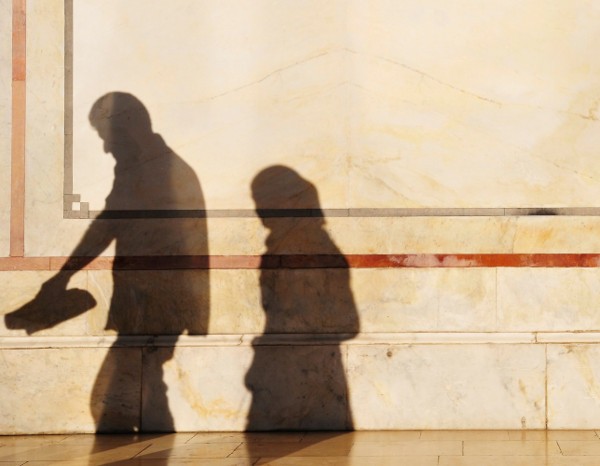

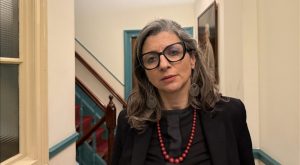

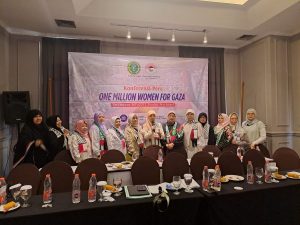



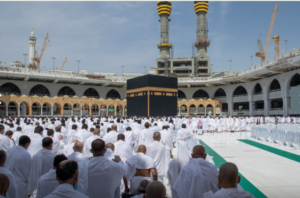
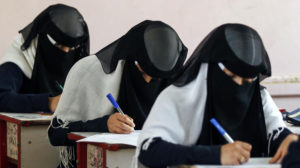


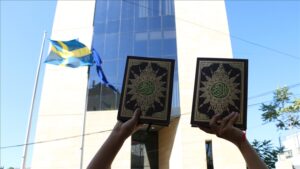

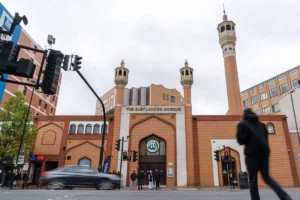








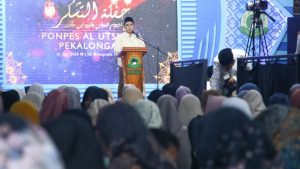

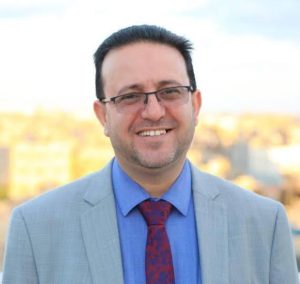




 Mina Indonesia
Mina Indonesia Mina Arabic
Mina Arabic